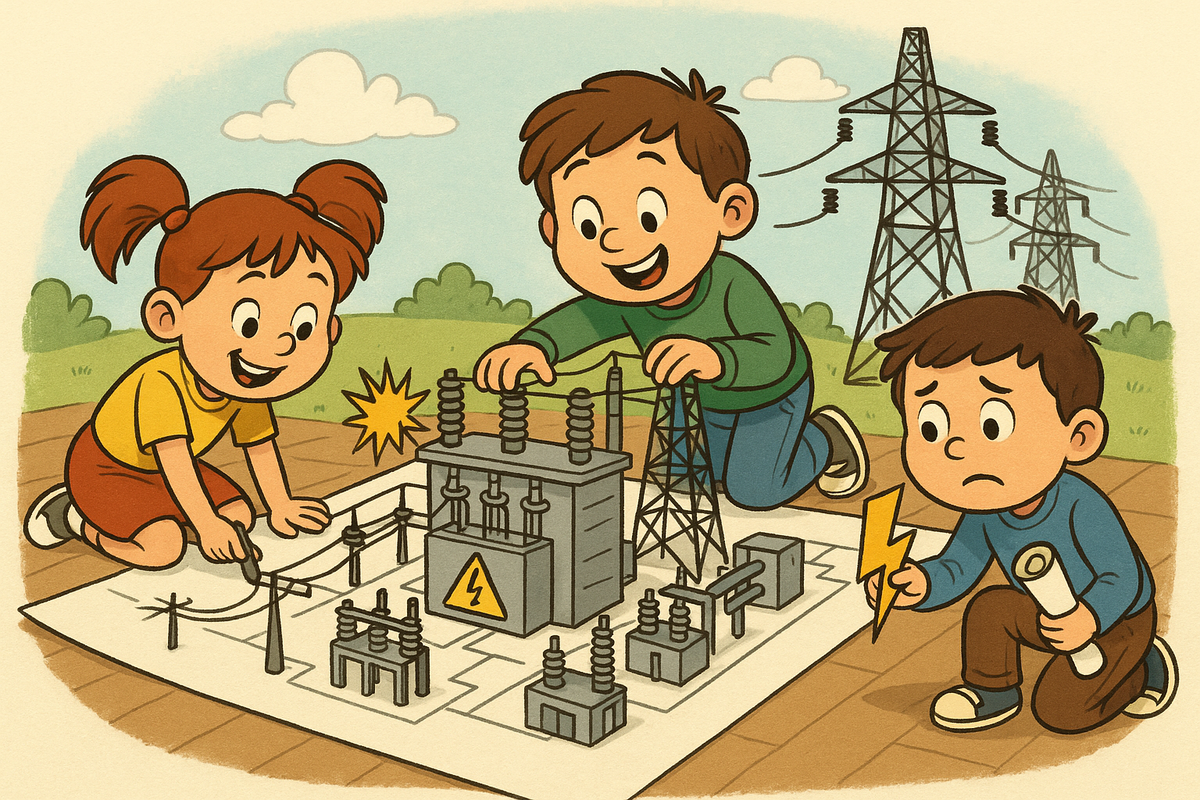When Ideology Overpowers Infrastructure: Spain’s Renewable Grid Failure
Spain’s recent blackout exposes the failure of its absolutist renewable energy push, revealing poor planning, lack of grid redundancy, and ideological blindness to the need for reliable, traditional energy backup.




